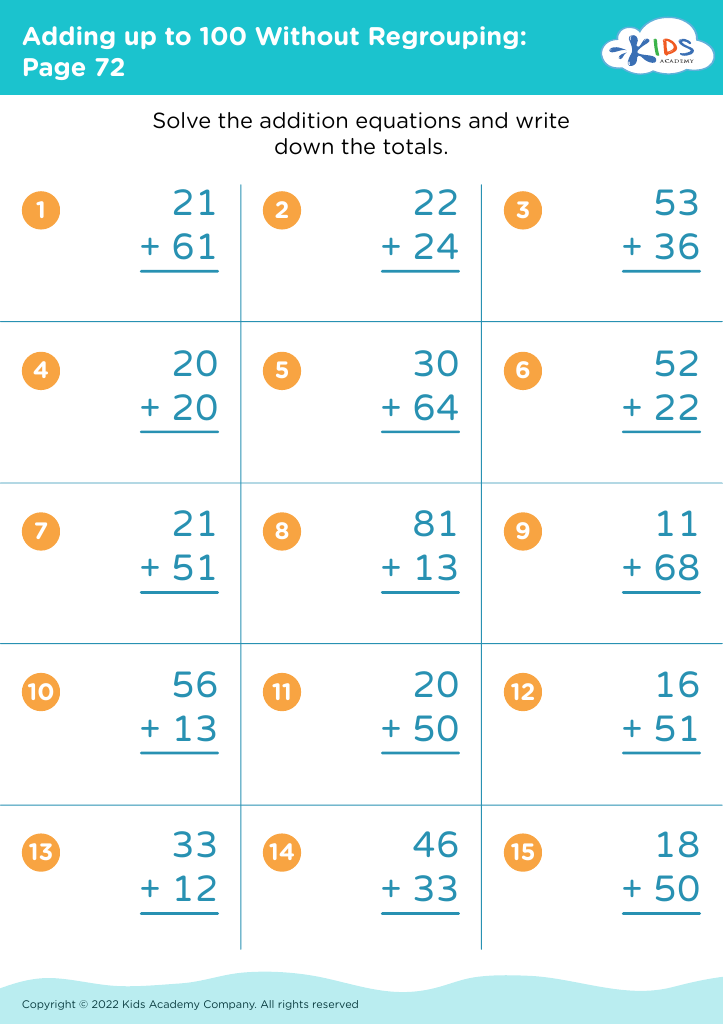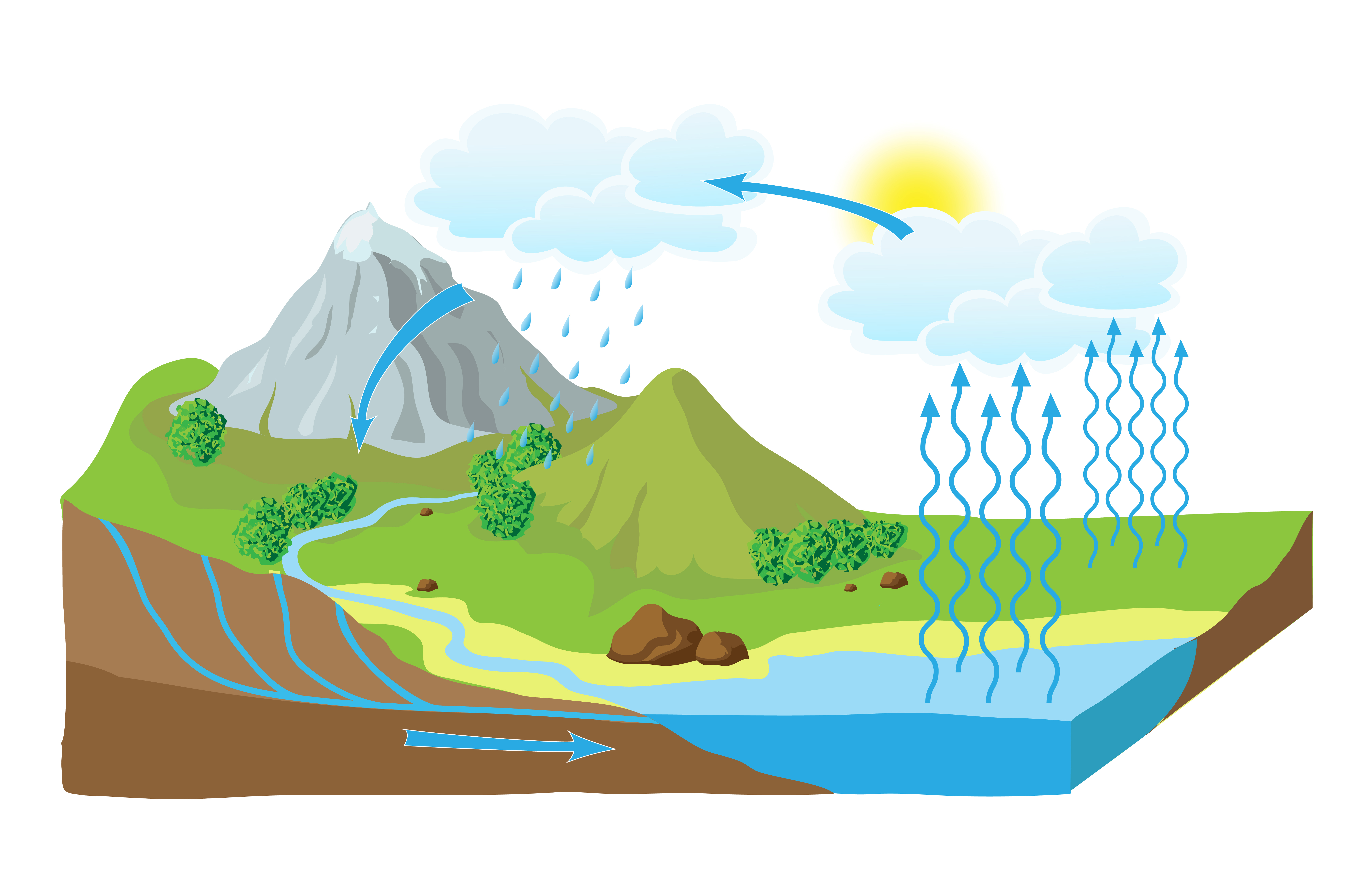Learn scientific vocabulary Worksheets for Kids
1 filtered results
-
From - To
Question/Answer
What does the Learn scientific vocabulary skill mean when it comes to Grade 2 Adding up to 100 Without Regrouping learning?
The Learn scientific vocabulary skill in the context of Grade 2 Adding up to 100 Without Regrouping involves teaching students the specific terms and language related to basic arithmetic operations. This includes understanding and correctly using words like "add," "sum," "total," and "without regrouping," enabling them to grasp and communicate mathematical concepts more effectively.
What are some effective activities to train students’ Learn scientific vocabulary skill when teaching them about Adding up to 100 Without Regrouping?
Effective activities to train students' scientific vocabulary skills in the context of Adding up to 100 Without Regrouping include interactive games such as math bingo using terms related to addition, flashcards with vocabulary and definitions, and creating word walls that visually display and define key terms.
How does the mastery of the Learn scientific vocabulary skill affect a student's performance at an early age?
The mastery of scientific vocabulary at an early age significantly boosts a student's performance by enhancing comprehension, facilitating effective communication of scientific ideas, and fostering better engagement with scientific concepts. This foundational knowledge aids in building confidence in science subjects, stimulates curiosity, and lays the groundwork for advanced study and critical thinking skills in science education and beyond.













